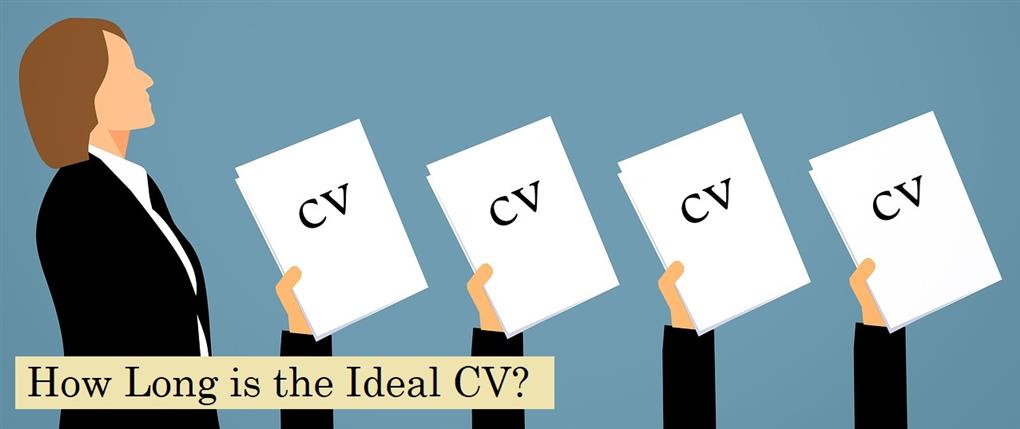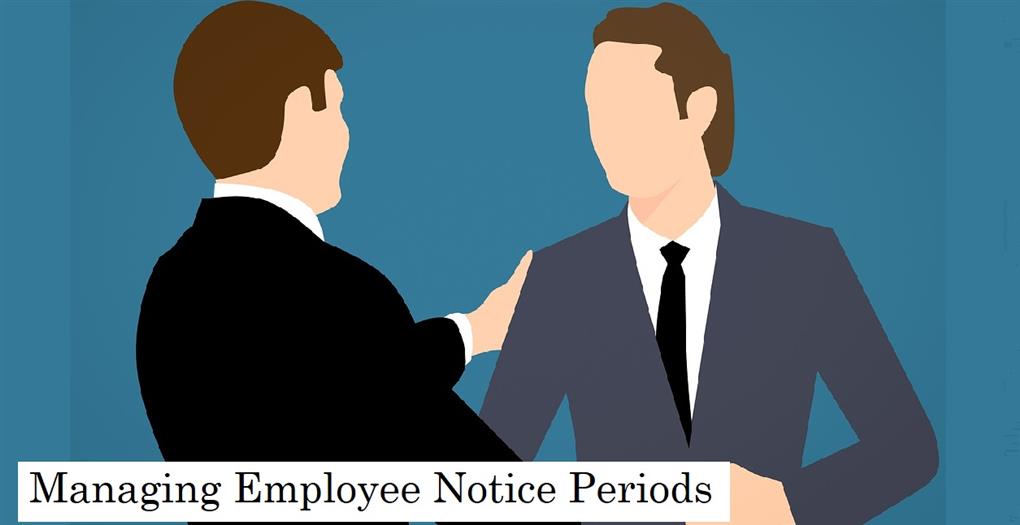
If someone had told me they were self-isolating two months ago, I
would have thought it was an excuse for an extended holiday! However, today it's more common than hearing
'I'm making a cup of tea'.
It's only been a couple of weeks for my colleagues and me, but I
already feel like I'm going stir crazy and miss the routine (and office banter)
that we use to take for granted.
So, how can we cope better with this temporary new way of life
and remain positive, with a healthy body and mind?
Structure and new routines
If you're like me, then structure
and routine keep us fighting fit and mentally sharp. So, I have continued to keep the structure in
my day. For example, I get up at the
same time every day, start and finish work at the same time every day. I shower, eat lunch, exercise, take breaks, check-in
with colleagues, ring my mother and other family members at pretty much the
same time every day.
I, like most, can be very distracted
whilst working from home, so if I stick to a structure, I'm less likely to be
eating chocolate whilst watching Netflix sprawled out on the sofa. We can enjoy such activities of an evening and
at weekends - roll on Saturday!
I've only been practising my new routine for a couple of weeks,
but already it feels 'normal'.
Stay Active - keep moving - get some spring
sunshine
Currently, we're being told we can spend an hour outside exercising. For me, this is probably the most important hour
of my day. It really doesn't matter if
that hour is spent walking, running, cycling but always try and make that
activity outside. Come rain, sun, hail
or snow get out and get some fresh air.
For me, this is just as important for the mind as it is the body. If for whatever reason you can't make it outside,
then choose a workout at home/office.
I've reorganised the office using some light weights, chairs and desks
to create a mini exercise circuit.
There are also plenty of free exercise advice videos on YouTube.
Family, Family, Family and the dog
What a great time to spend more time together as a family. The one benefiting the most from this period
of self-isolation is the dog. She's
never had so much attention from everyone at the same time! In fact, the family
has never spent so much time together! Cooking
together, eating together, games together, tv together, exercise together, family
debates……………… If you're anything like me,
then you'll need some time self-isolating from the family!!
Actually, we all need some space
As I'm writing this at the kitchen table, my wife's also in the kitchen
on the phone to the bank, my son's asking "what's for breakfast?"
whilst watching the tv too loud, and Flossie (our 17 week old puppy) is craving
even more attention. My daughter has the
right idea and is locked away upstairs working at her laptop.
With everyone at home it's vitally important we find some space. Too many people (over a prolonged period) in
the same vicinity can often cause tension.
People have different needs for solitude and communication around this
is the key to a happy home!
Take breaks from each other, move to different areas around the
house, be understanding, walk around the garden, pull up some weeds, do
whatever's required to grab some precious time alone!
Morning meditation
For many, finding time to
meditate can be difficult. Why not use
this period of self-isolation to find time? Build it into the structure of your
day - get up 10 minutes earlier, it's a great way to start your day. I use Headspace and would recommend it to anyone
new to meditation.
Turn the flaming news channel off!
When this all started, I
found myself obsessed with every news article.
All people talked about was what they'd read or listened to. Then everyone starts speculating, catastrophising
and before you know it, it takes over your whole life. Of course, it's essential to keep up to date
with the latest news, but surely Boris @5 and the News at 10 is enough!!
Positive thoughts bring positive outcomes
Naturally, we're all
experiencing difficult and worrying times. Still, we must remain positive. Negative thinking WILL NOT help the predicament
we're in. As a family, we're using this
time to reset, to understand what's really important and bring us all closer
together. If we work at remaining optimistic
and positive, it will become 'the norm' in all that we do and keep the body and
mind healthy.
We're all self-wired - sometimes
good, sometimes not so good - let's use this time to rewire those positive
connections. From my experience, we'll
all start to notice the simple, positive things that used to pass us by.


















